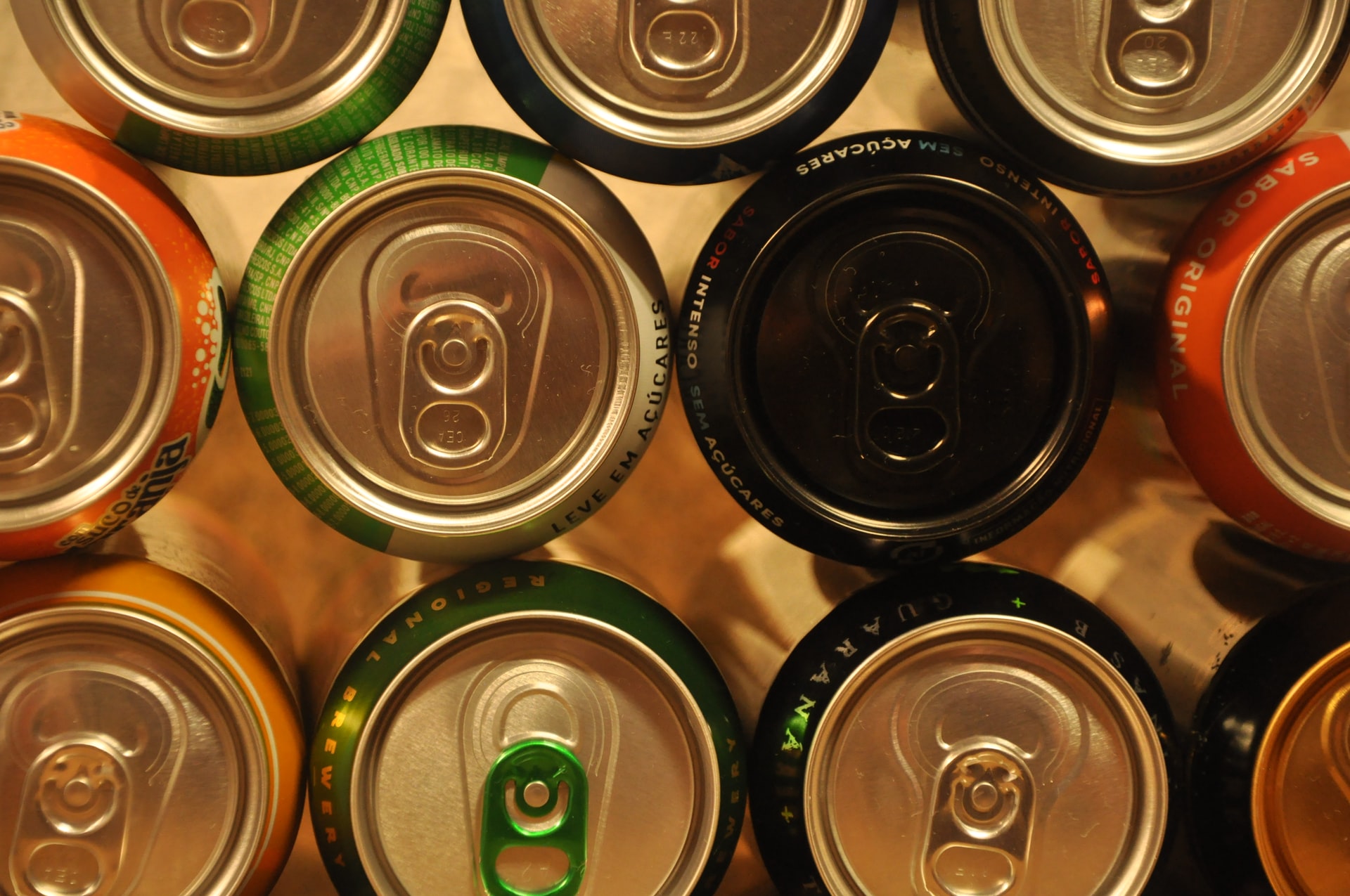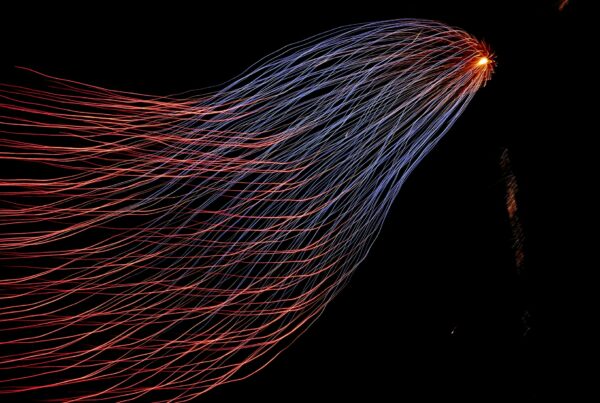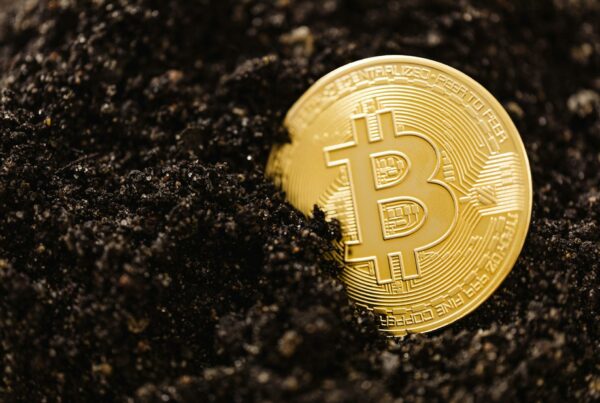Alcoholic seltzer beverages experienced a remarkable period of growth from 2018 to 2020, even through the depths of the COVID-19 pandemic. Hard seltzer was poised for another record-breaking summer season as pandemic-restrictions subsided and vaccinated individuals prepared for long-awaited get-togethers and leisure activities. However, beverage companies may have overestimated consumer demand, as the industry recently reported a slowdown in the sector.
Major players are now focused on new ways to reignite consumer interest in seltzers, such infusing CBD or upping the ABV, yet it remains to be seen if hard seltzer can maintain its impressive growth numbers.
Related Stocks: The Boston Beer Company, Inc. (SAM), Constellation Brands, Inc. (STZ), Anheuser-Busch InBev SA/NV (BUD)
Hard Seltzer Surge Starting to Go Flat
Summertime is considered to the peak season for hard seltzer beverages, but after two consecutive years of impressive growth, the multi-billion-dollar industry may have reached its peak.
MRP first highlighted the rise of the hard seltzer category back in August on 2020. In March, we noted that alcoholic beverage companies were preparing for a second summer of seltzer. With vaccination rates rising and consumer demand for leisure and travel activities recovering, beverages like Truly, White Claw, and several other new entrants to the market were poised to take a larger chunk of the alcoholic beverage category.
Per Business Insider, alcoholic seltzers rose to $4.5 billion in sales in the 52 week period ending May 22, 2021, up 80% over the same period in 2020. However, several headwinds are emerging that could cause the seltzer surge to fizz out sooner than anticipated.
Boston Beer Company, holding 28% of the US market with their Truly Hard Seltzer product, noted in their second-quarter results that the rate at which new consumers were trying hard seltzer was significantly slower. Reuters writes that at the end of July, Boston Beer reported only a 7% increase in household penetration thus far, compared to 73% in the same period a year prior.
The first big blow to companies buying in on seltzer came when Boston Beer reported the slowdown in penetration attributed to a notable decrease in sales, driving net income 2% lower compared to the same period last year. The stock plummeted about 25% wiping out around $3 billion of the company’s value.
Further, Boston Beer founder Jim Koch believes everyone from beer giants like Anheuser-Busch Inbev to the countless startups chasing the market has led to customer confusion, with roughly 1,000 different seltzer products on the market.
According to Bloomberg, the hard seltzer market has become saturated and consumers have turned to other offerings. Seltzer products have been experiencing decelerating growth trends, leading to uncertainty on the product line through the rest of the year. Molson Coors, likely recognizing the slowing growth in seltzer’s popularity, recently announced the end of its ‘Coors Seltzer’ brand, which the company launched less than year ago.
Just last week, more bearish news came in for the industry. MarketWatch highlighted an August industry report, called the NBWA Beer Purchasers’ Index, that showed the slowest year-over-year growth for seltzer purchases in nearly three years. That index, which has a sub-category called FMB/Seltzer, showed a reading of 57.8 in August, down from 89.5 back in April.
Boston Beer also indicated their full year hard seltzer volume would be 100 million cases fewer than projected back in May, and over 30 million fewer cases than volumes forecast in July, per The Motley Fool.
Boston Beer was not the only company with reduced volume, as…
To read the complete Market Insight, current clients SIGN IN HERE For a free trial, or to subscribe and become an MRP client today, START A FREE TRIAL Once you’re logged in, you’ll also gain access to:










